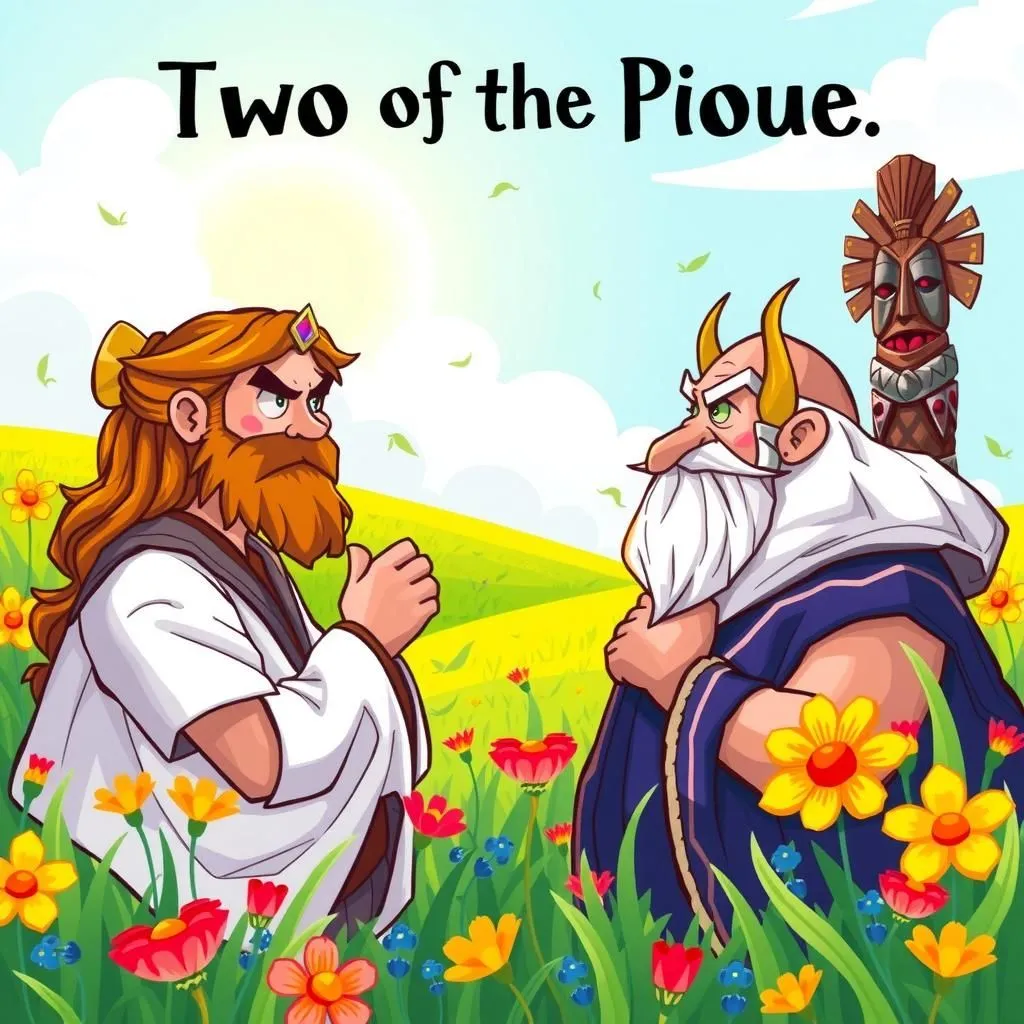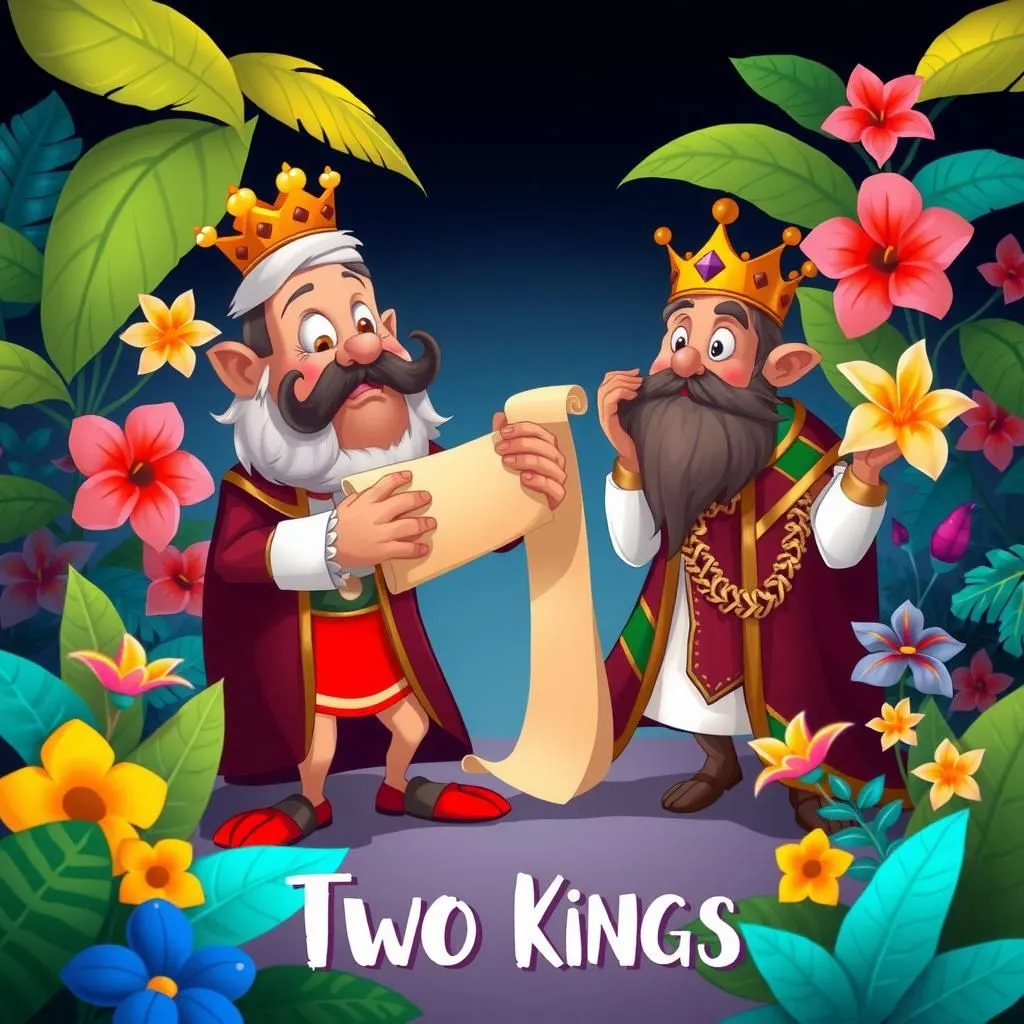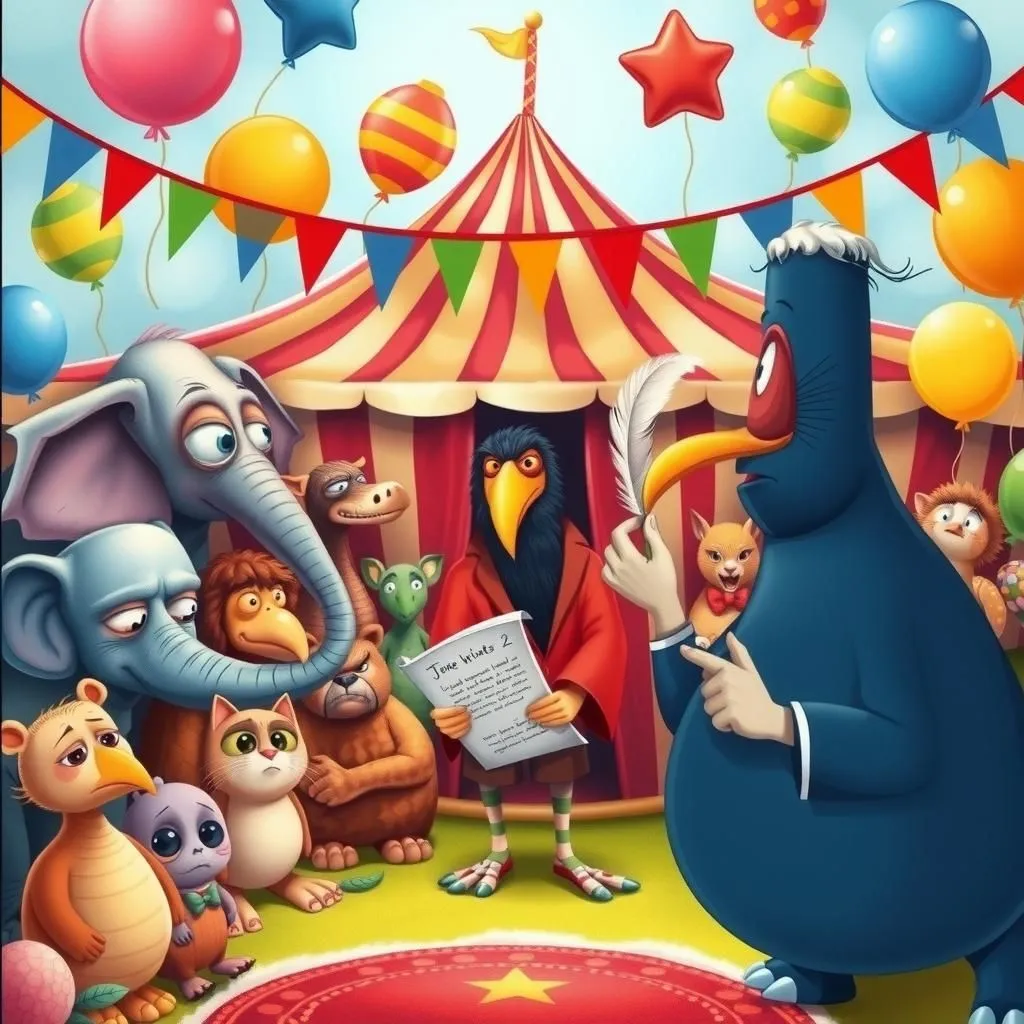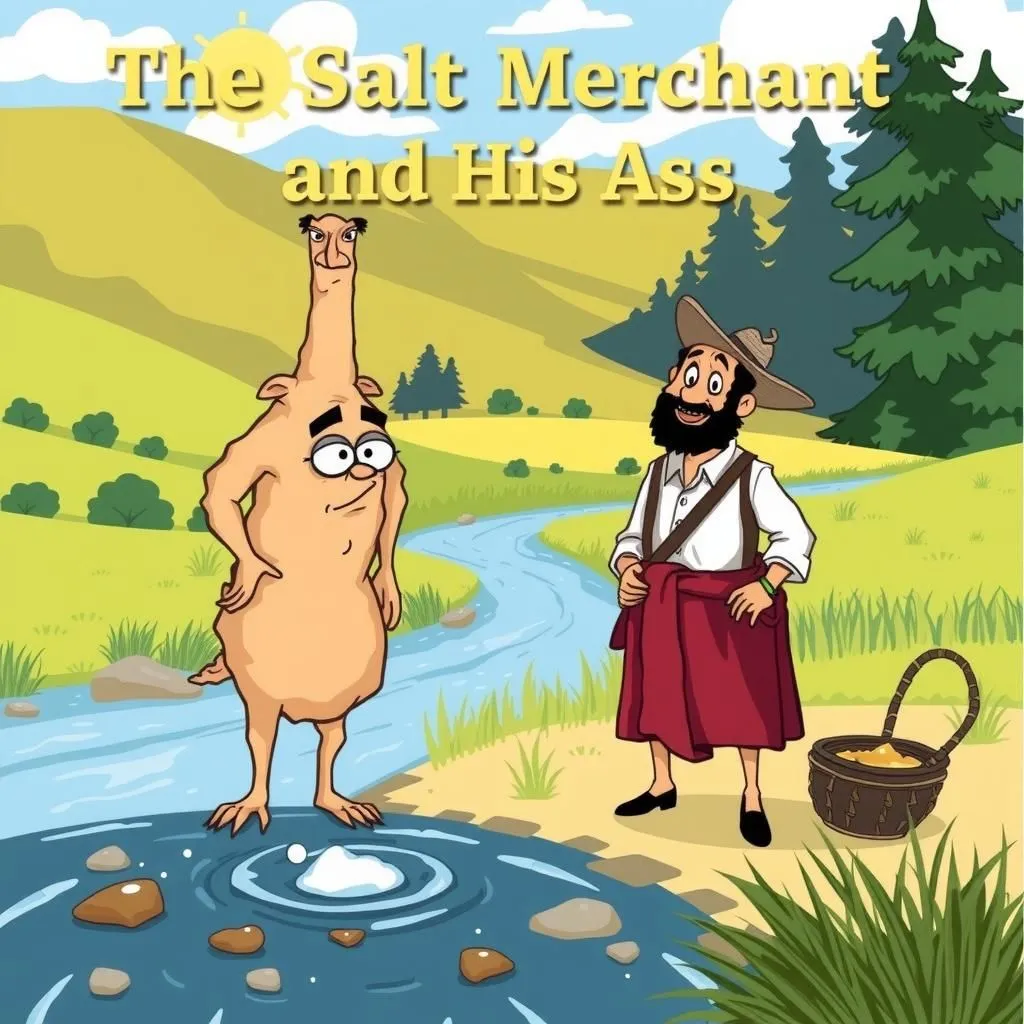
Two of the Pious
In the simple short story "Two of the Pious," a Christian and a Heathen engage in a heated debate, each expressing a desire to obliterate the other's deities, which underscores the animosity and intolerance in their beliefs. This quick read serves as a culturally significant moral story, highlighting the dangers of dogmatism and the need for mutual respect in religious discourse. Ultimately, it illustrates the value-based moral that understanding and tolerance are essential in a diverse world.


